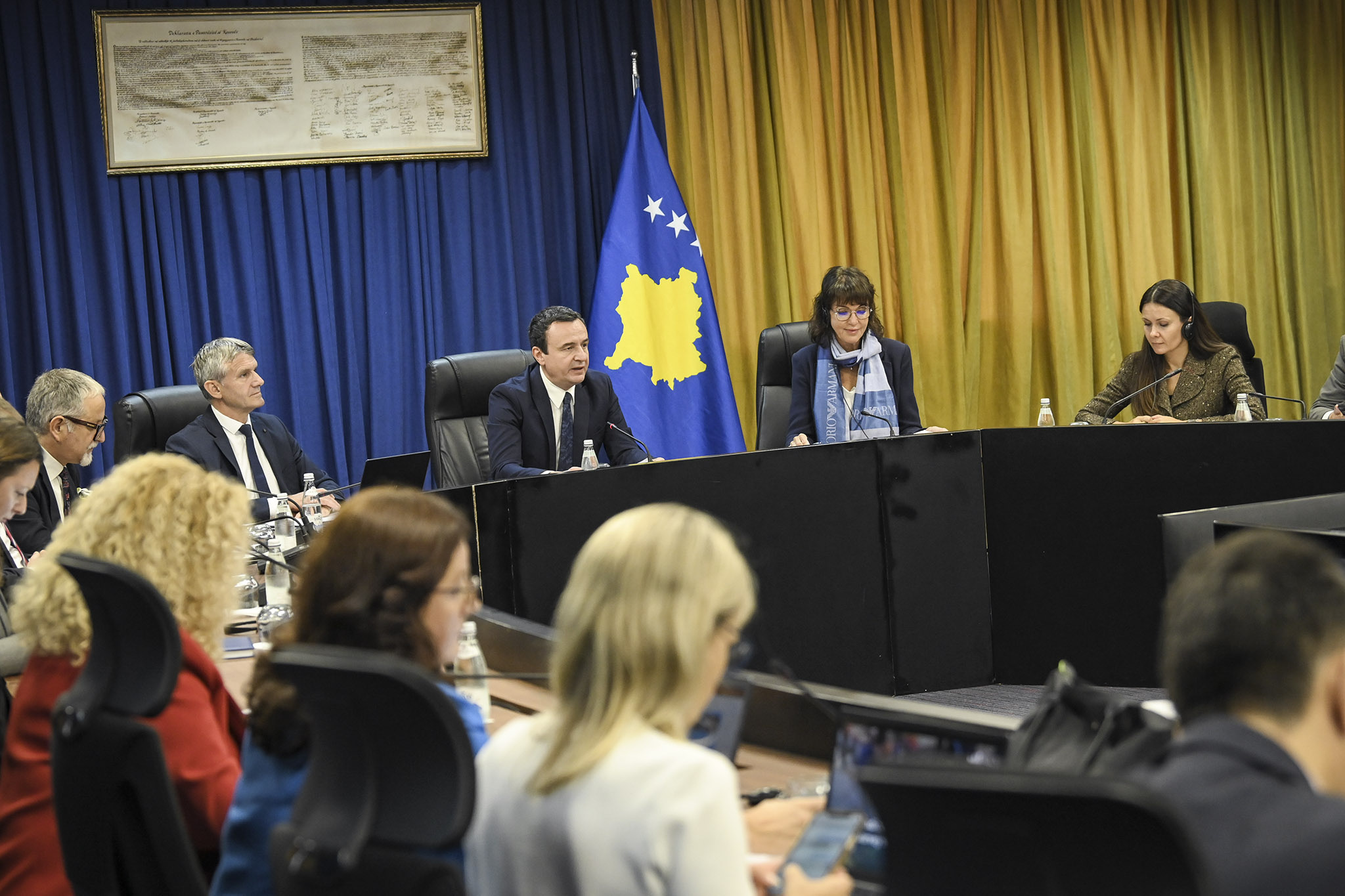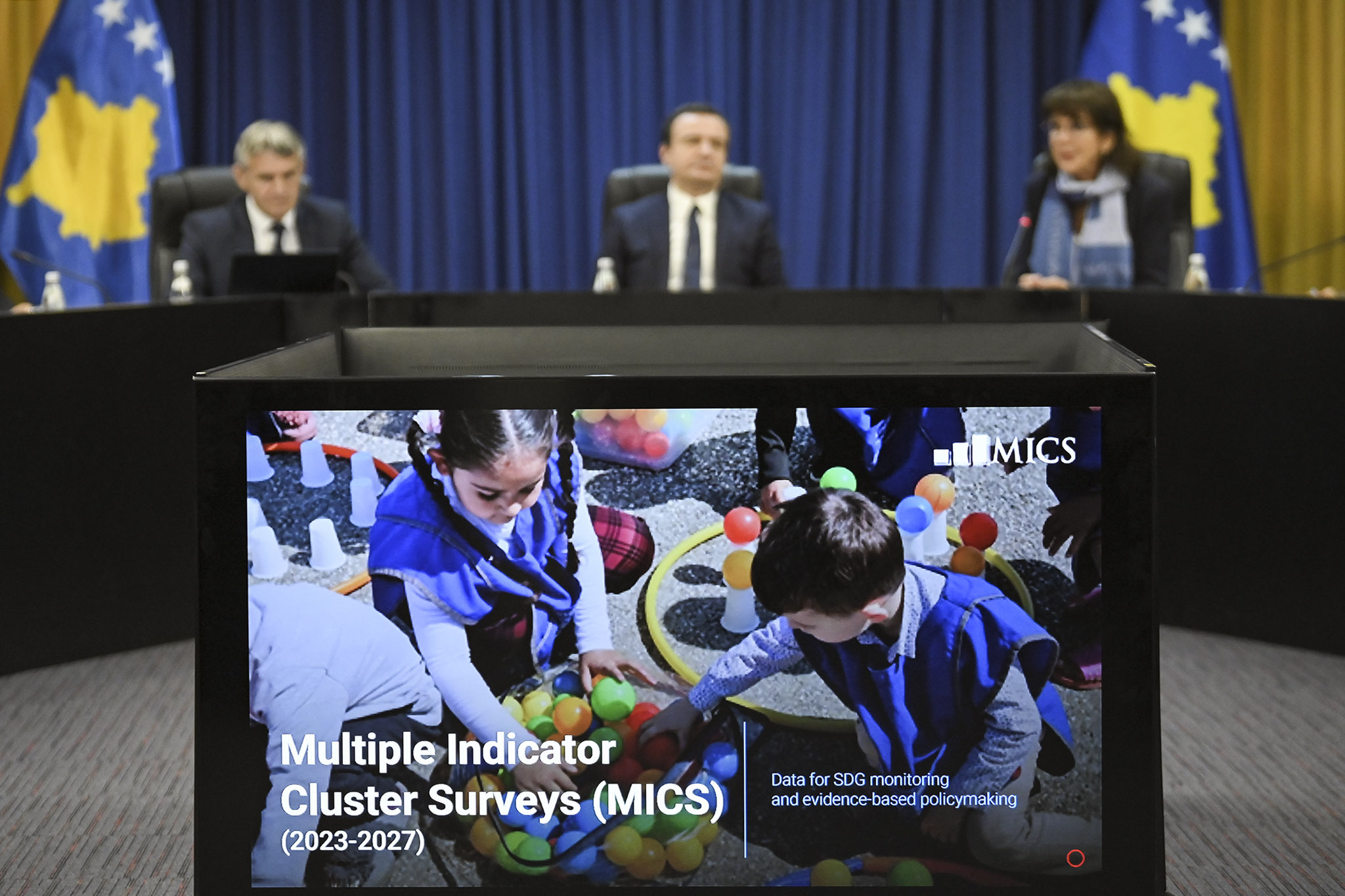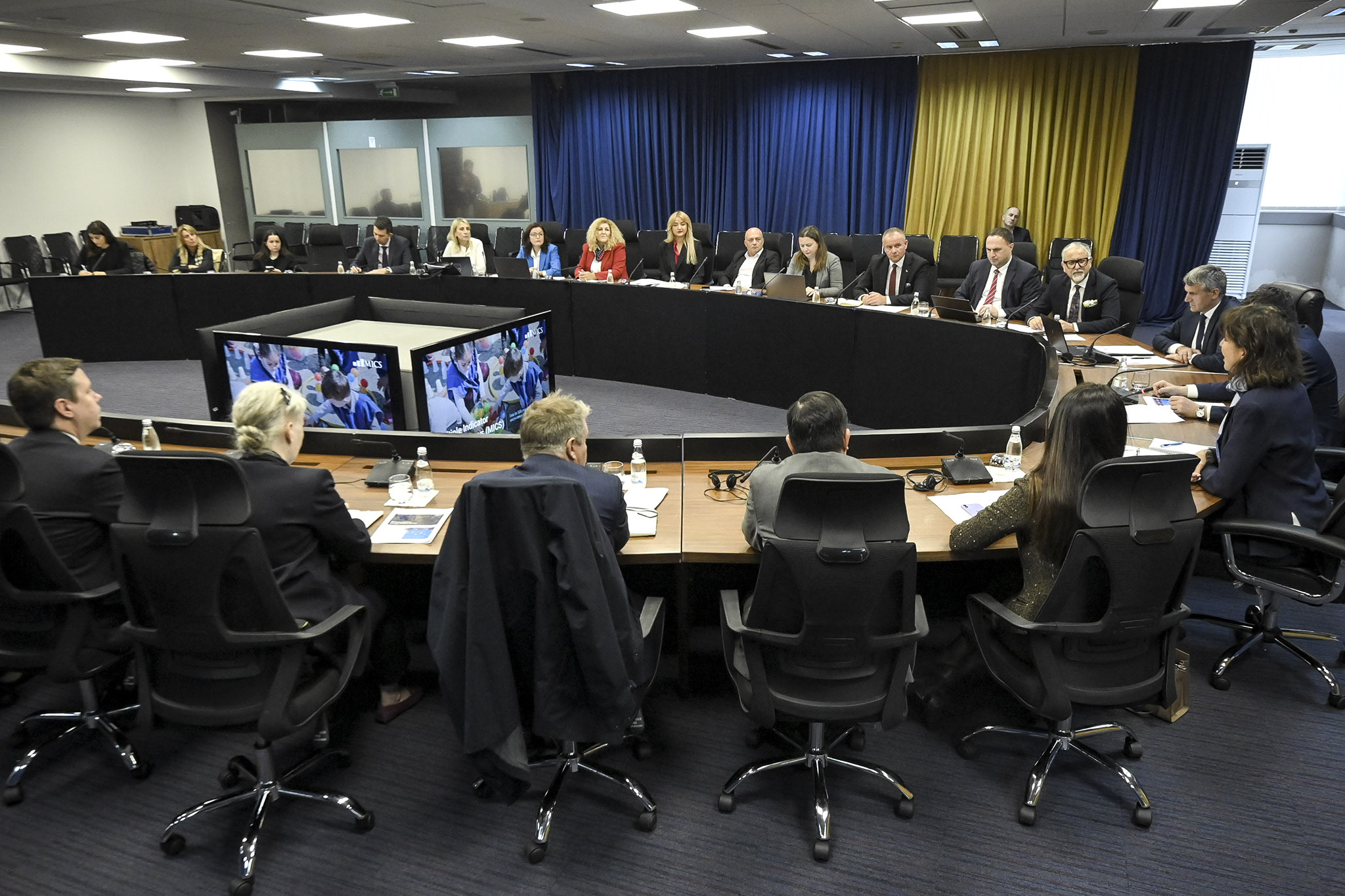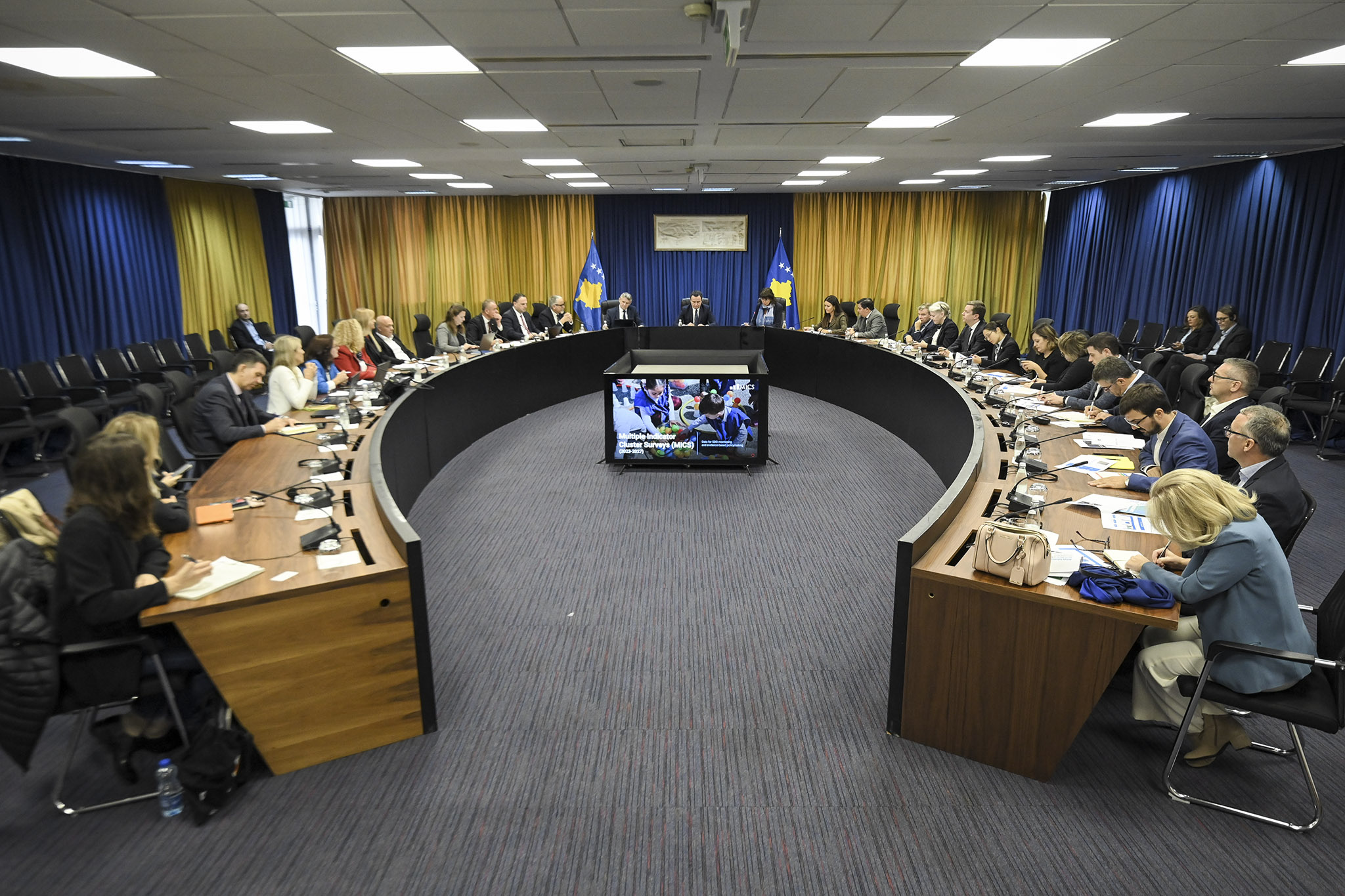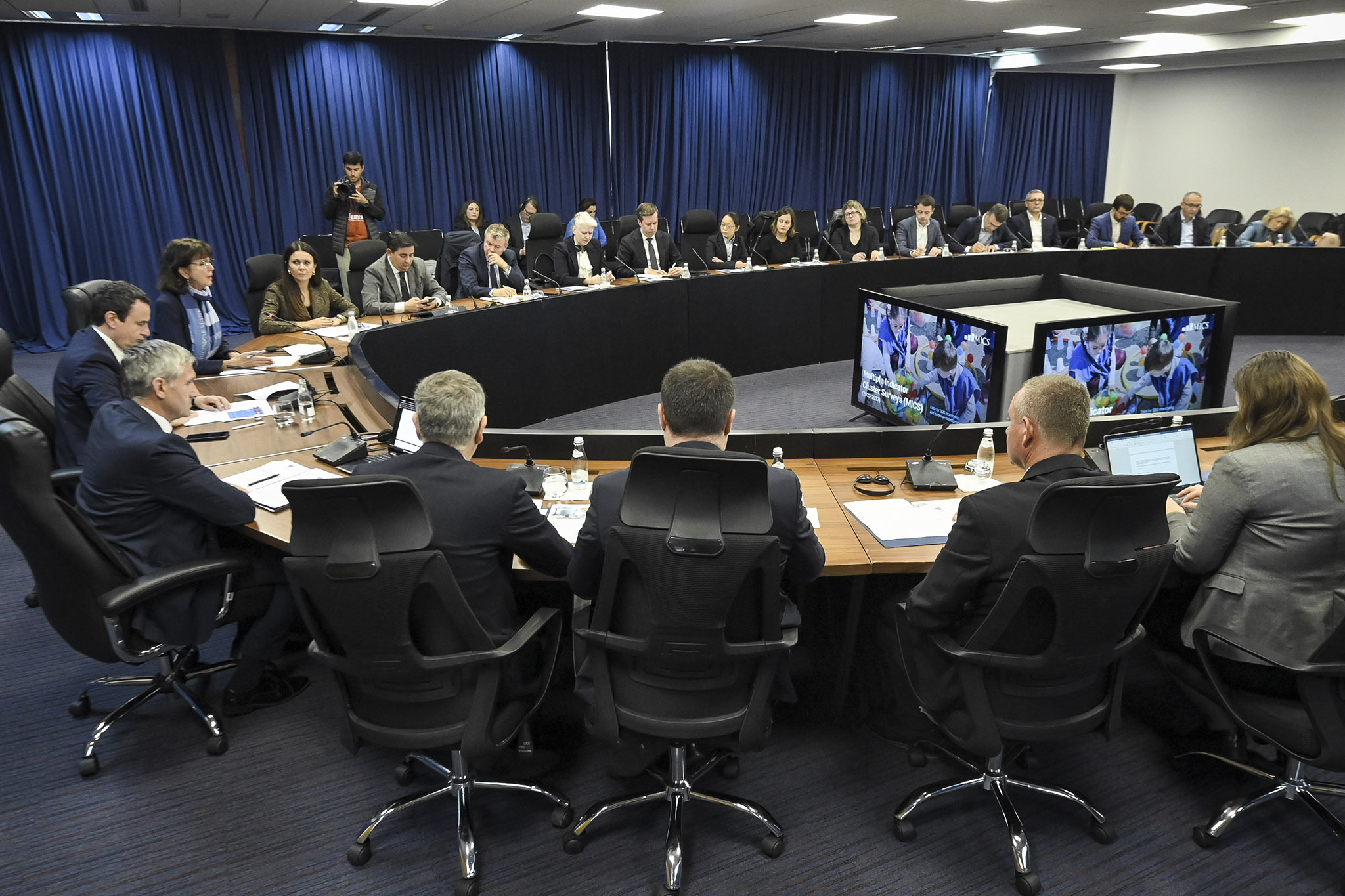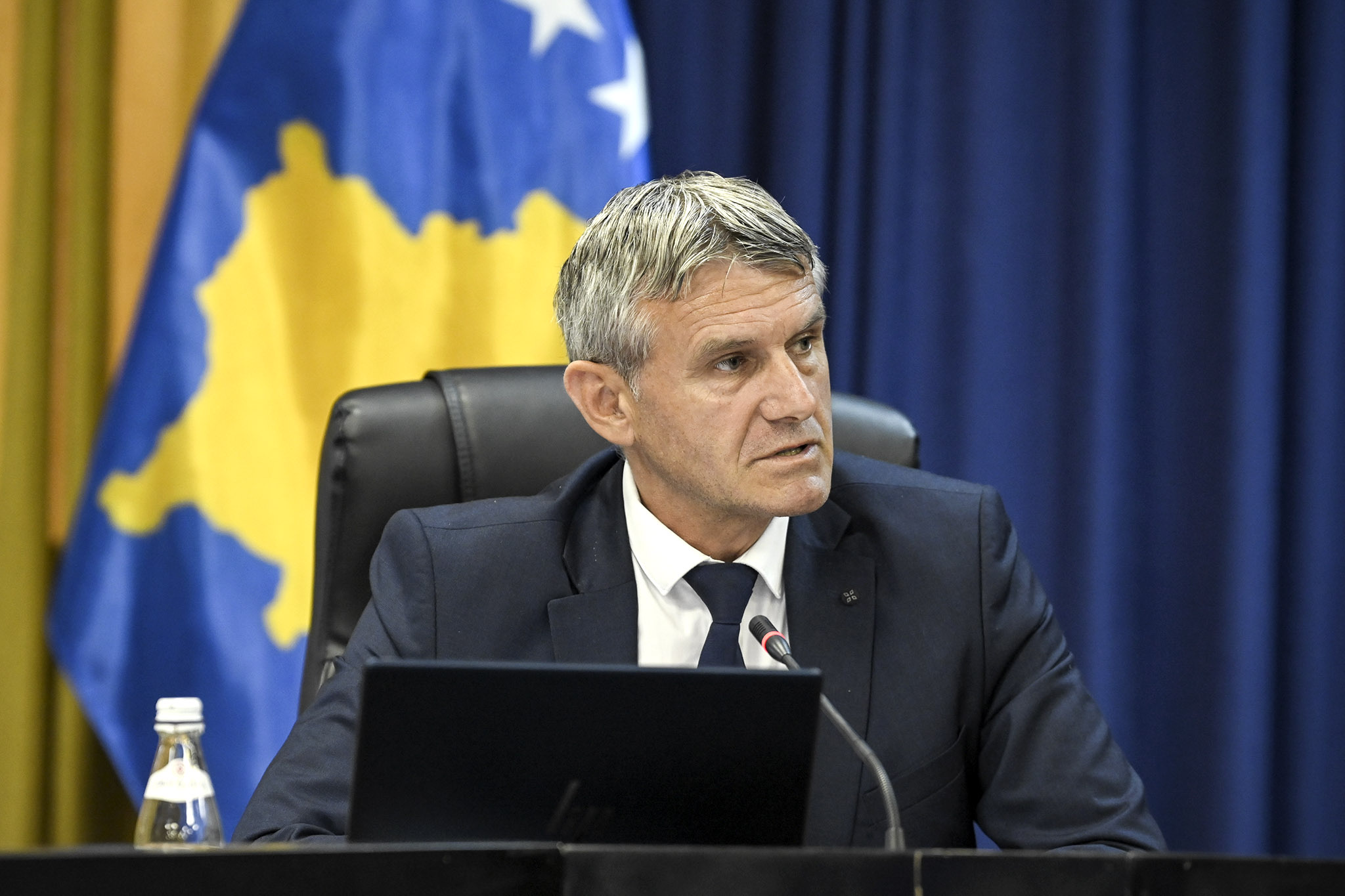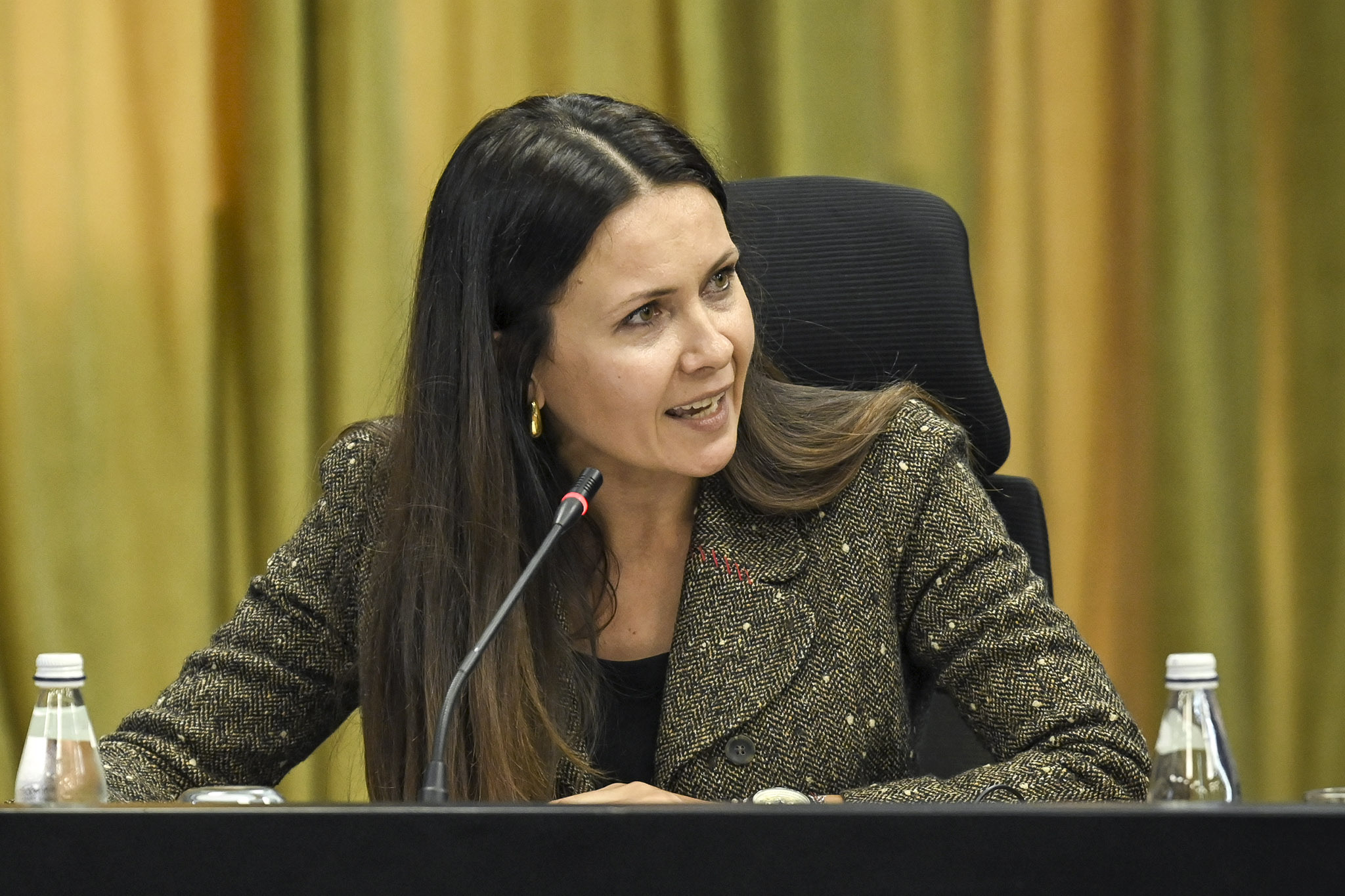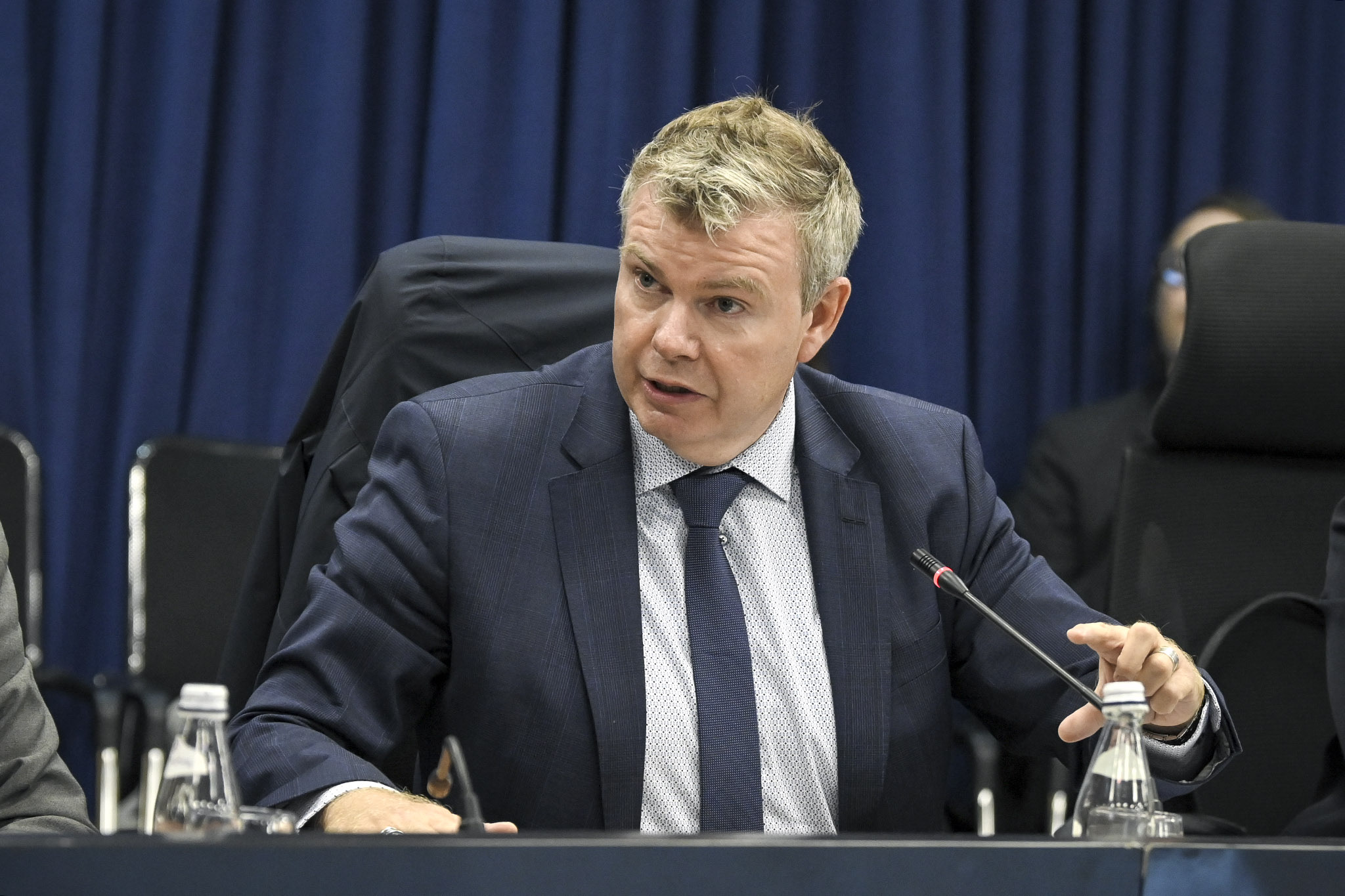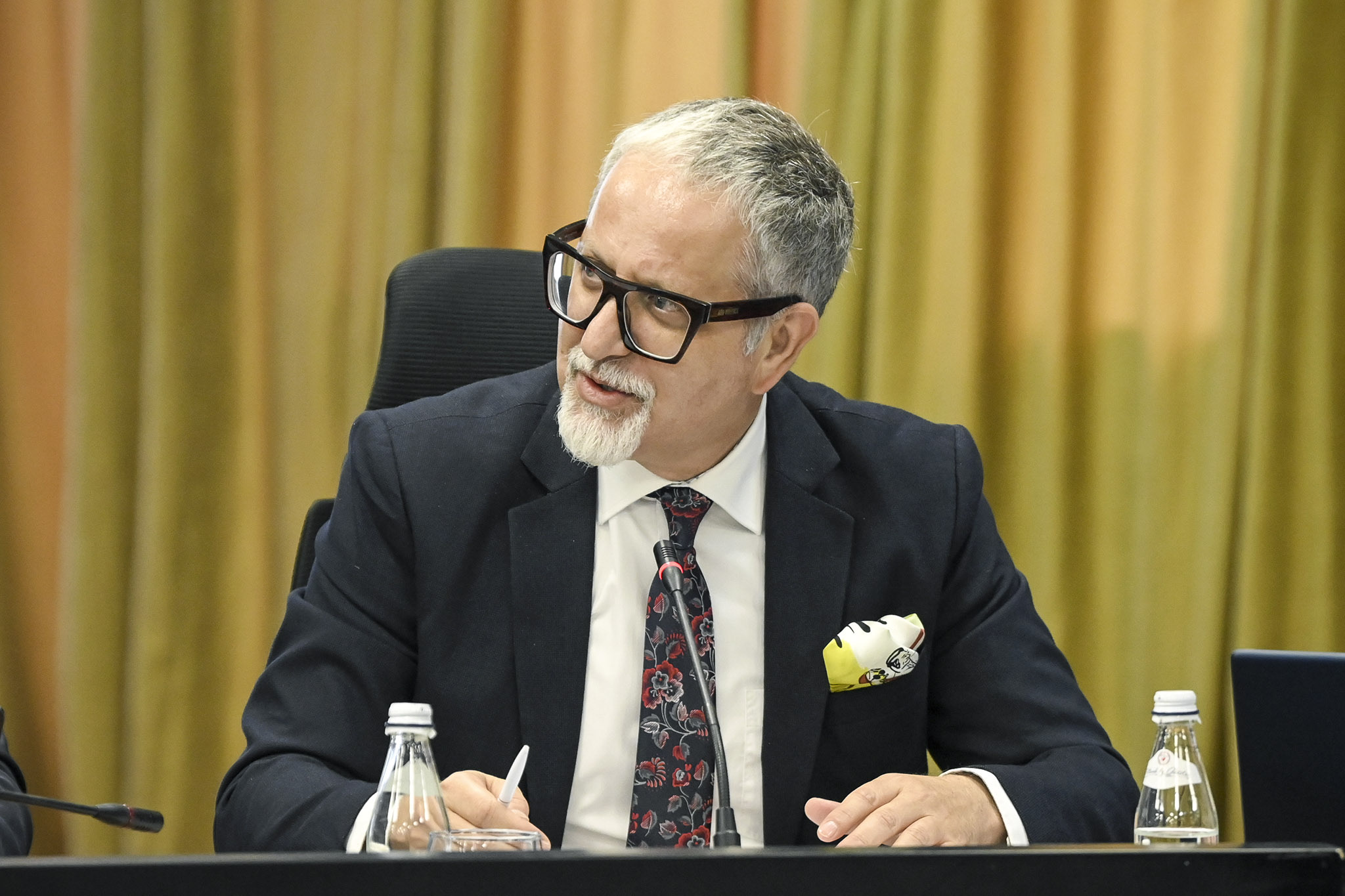Prishtina, 18 September, 2024
The Multiple Indicator Survey (MICS) conference was held today, an event in which the Prime Minister of the Republic of Kosovo, Albin Kurti, participated. Also present were Arnhild Spence, Resident Coordinator of the United Nations for Development in Kosovo, Avni Kastrati, UD of the Chief Executive of the Kosovo Statistics Agency, Veronika Vashchenko, Head of UNICEF in Kosovo, representatives of the diplomatic corps and representatives of government cabinet.
The MICS survey is a powerful instrument that provides data on the well-being of children and families in our country and measures key indicators that enable states to generate data for use in national development policies, programs, and plans.
Prime Minister Kurti, during his speech, said that access to reliable and quality data is essential to make informed decisions and make strategic investments.
“One of the strongest points of MICS is the comprehensive set of 120 indicators it provides. These indicators enable us to select the most important ones to monitor the progress of our national strategies, including improvements in child well-being, maternal health and educational outcomes,” the Prime Minister declared.
He stated that over the years MICS has been a main pillar in shaping evidence-based policies, supporting our long-term objectives for the development of Kosovo, from the National Development Plan to the Children’s Rights Strategy and sectoral plans.
In front of those present, the prime minister also mentioned the two rounds of MICS in Kosovo, held in 2014 and 2020, which included a special sample for the Roma, Ashkali and Egyptian communities. These data, in addition to bringing attention to the needs of the communities in Kosovo, have also helped in the creation of targeted strategies, such as the Strategy and Action Plan for Roma and Egyptians.
On the other hand, these rounds have helped KAS to strengthen its capacities in data collection and analysis, supporting the development of policies based on reliable evidence.
“Thanks to MICS, Kosovo’s data can be compared with those of other countries in the region and beyond. In addition, MICS provides us with a wealth of information that supports the monitoring of Sustainable Development Goals, i.e. SDGs or ‘Sustainable Development Goals'”, said Prime Minister Kurti, emphasizing that MICS places us on the global data map. providing us with internationally comparable indicators and allowing us to make an objective assessment of our progress in various areas.
The global MICS program was established by UNICEF in the 1990s as part of the international household survey program to support countries to collect data that are internationally comparable on a large number of indicators on the condition of women and children.
Prime Minister Kurti’s complete speech:
Dear Ms. Arnhild Spence, United Nations Resident Coordinator for Development in Kosovo,
Dear Avni Kastrati, Acting Chief Executive of the Statistics Agency of Kosovo,
Dear Ms. Veronika Vashchenko, Head of UNICEF in Kosovo,
Dear representatives of the diplomatic corps in our country,
Dear representatives of the government cabinet, ministers and deputy ministers of the Government,
Dear attendees,
It is a special honor to be a participant in this important meeting today, where we have gathered to discuss an essential tool for the development of our country—the Multiple Indicator Cluster Surveys (‘MICS’ or ‘Multiple Indicator Cluster Surveys’). In our journey towards social progress and sustainable development, access to reliable and quality data is essential to make informed decisions and make strategic investments.
The MICS survey is a powerful instrument that provides us with invaluable data on the well-being of children and families in our country. Over the years, MICS has been a mainstay in shaping evidence-based policies, supporting our long-term objectives for the development of Kosovo. From our National Development Plan to our Children’s Rights Strategy and our sectoral plans, MICS data serves us as an irreplaceable source of information.
One of the strengths of MICS is the comprehensive set of 120 indicators it provides. These indicators enable us to select the most important ones to monitor the progress of our national strategies, including improvements in child well-being, maternal health and education outcomes.
The two rounds of MICS in Kosovo, conducted in 2014 and 2020, also included a separate sample for the Roma, Ashkali and Egyptian communities. This data is a vital window to better understand the needs of these communities and help create targeted strategies, such as the Strategy and Action Plan for Roma and Egyptians.
MICS puts us on the global data map, providing us with internationally comparable indicators and allowing us to make an objective assessment of our progress in various areas. Thanks to MICS, Kosovo’s data can be compared with those of other countries in the region and beyond. In addition, MICS provides us with a wealth of information that supports the monitoring of Sustainable Development Goals, i.e. SDGs or ‘Sustainable Development Goals’.
Dear friends, your support for this initiative is essential to help Kosovo achieve its development goals and to improve the lives of our children and families. Thank you for your continued dedication.
Together, we can build a brighter future for all our citizens—and with the right data, it’s easier to build a future than to host a friendly dinner without political debates in the Balkans!
Thank you.

